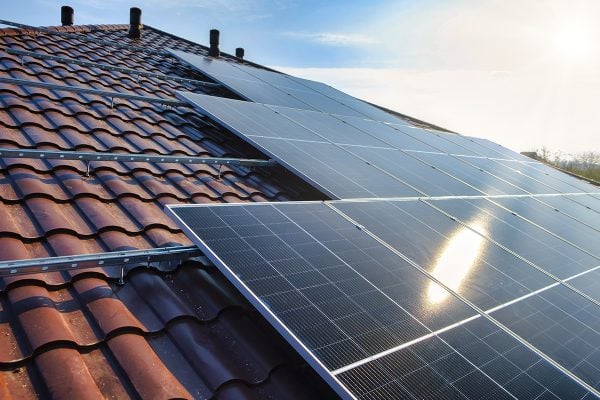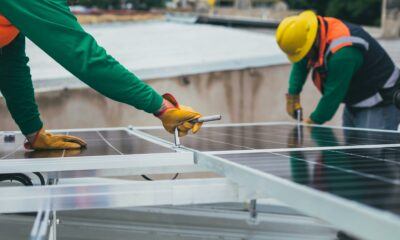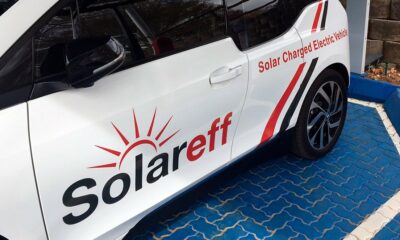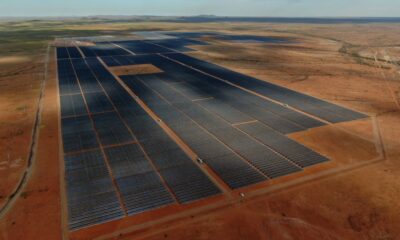Business
Eskom’s New Rooftop Solar Rules: A Win for Some, Frustration for Others

A small win for Eskom customers, a big headache for everyone else
South Africans have long complained that going solar feels like running an obstacle course. Between pricey compliance checks and red tape that could outlast your patience, even the sunniest energy plans often end in frustration. But Eskom has finally thrown households a ray of relief, though, as always, there’s a catch.
Eskom recently scrapped the requirement for a professional engineer’s sign-off on small-scale rooftop solar systems. For homeowners directly connected to the national utility, this means one of the biggest bureaucratic hurdles has just been lifted. Instead of needing an expensive engineer registered with the Engineering Council of South Africa (ECSA), customers can now rely on an Installation Electrician (IE) or Master Installation Electrician (MIE) registered with the Department of Labour.
The move could save households thousands of rand and shorten the time between installing panels and switching them on. Eskom says the new rule “greatly simplifies” the registration process for Small-Scale Embedded Generation (SSEG) systems and aims to make legal connections safer, cheaper, and easier.
“We know many South Africans want to take part in the clean energy transition,” said Agnes Mlambo, Eskom’s Acting Group Executive for Distribution. “Our goal is to make it as simple and cost-effective as possible while protecting the national grid.”
The catch: municipal customers are left behind
There’s one major limitation: the relaxed rules apply only to Eskom Direct customers. Anyone who gets power through a city like Johannesburg, Cape Town, Tshwane, or Ethekwini is still bound by stricter regulations.
Under the National Energy Regulator of South Africa (NERSA) framework, every grid-connected solar system under 100 kVA must still be registered, no matter how small or whether it exports power back to the grid. Only homes that are completely off-grid and can prove they operate independently are exempt.
Municipal customers in the big metros must still get approval from ECSA-registered engineers, who usually hold BEng or BEngTech degrees. The City of Johannesburg and Ethekwini both require sign-off by a professional engineer or technologist, while Cape Town allows slightly more leniency by accepting a professional engineering technician with a B.Tech qualification.
In other words, if your home is within city limits, you’re still paying higher professional fees to get your rooftop solar approved.
Why this matters for households
While Eskom’s rule change will help thousands of rural and small-town households, the country’s largest urban centres are where most solar adoption is happening, and where the rules remain the most rigid.
Municipalities argue that their networks are denser and more complex, meaning stricter oversight ensures safety and stability. But critics counter that the requirements are outdated and discourage investment in renewable energy. Many believe the differing standards across the country highlight a bigger problem: South Africa’s uneven energy transition, where some residents are rewarded for going green and others are penalised with paperwork.
Eskom insists that registration is still mandatory, even with the simplified process, and reminds customers that compliance not only keeps the grid safe but may unlock future incentives for households that generate clean power.
The bigger picture
The new rules are a step in the right direction, especially as solar becomes an essential buffer against load shedding and rising electricity costs. But until the same flexibility applies nationwide, South Africans will continue living under two solar systems, one where it’s easy to plug into the sun, and another where bureaucracy still keeps the lights dim.
Follow Joburg ETC on Facebook, Twitter, TikT
For more News in Johannesburg, visit joburgetc.com
Source: Business Tech
Featured Image: MyBroadband



























